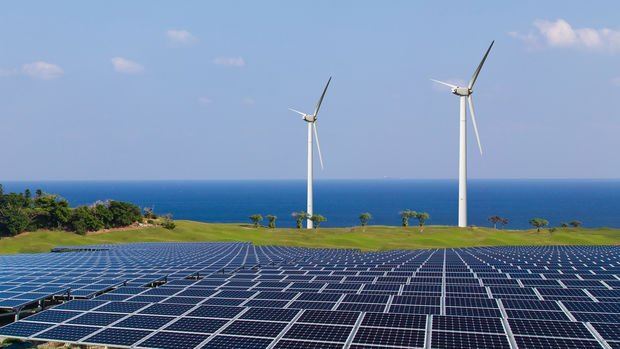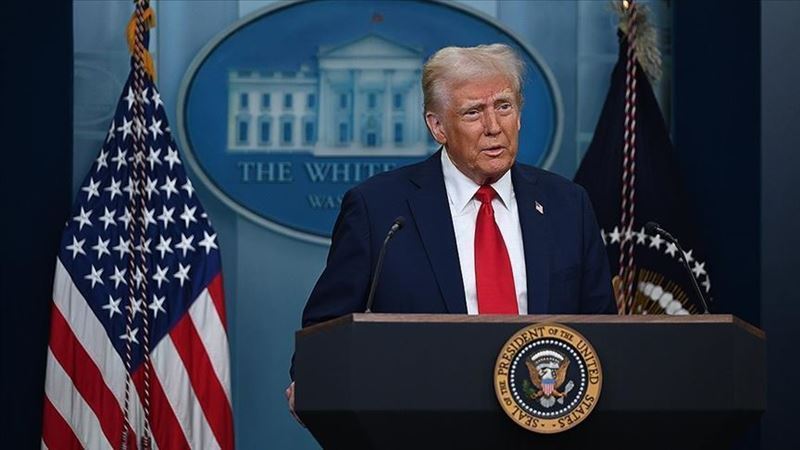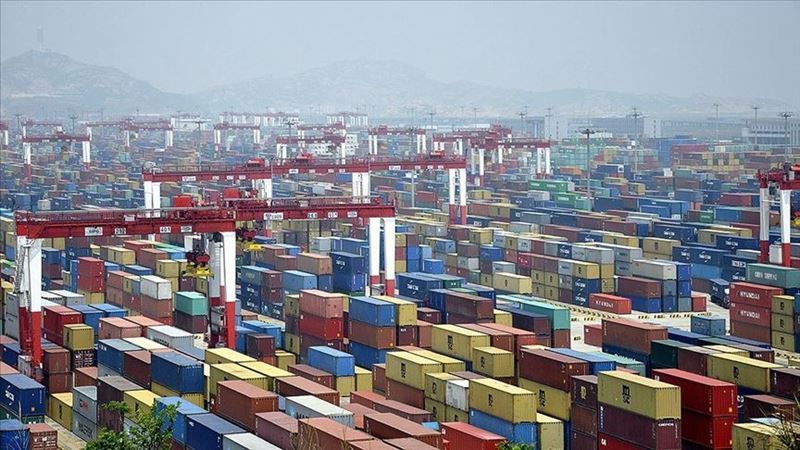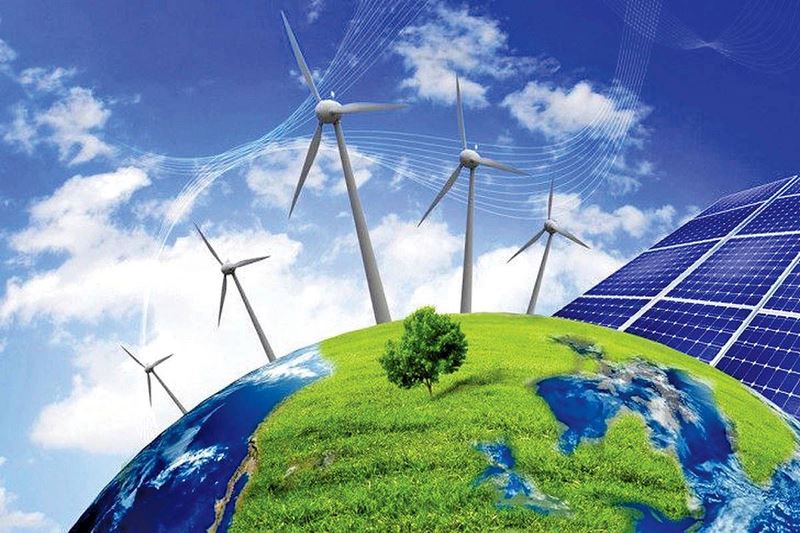The 600-page "Easter Law" approved by the German Council of Ministers aims to increase the share of renewable energy in the country's electricity consumption to 80 percent by 2030.
The country with the highest energy consumption in Europe currently provides more than 40 percent of electricity production from renewable energy sources. The German government previously aimed to increase the share of renewable energy in electricity consumption to 65 percent by 2030.
The law sets ambitious targets for expanding offshore offshore power, emphasizing that the use of renewable energy is in the interest of public safety.
In the protocol signed in November 2021 between the Social Democratic Party (SPD), the Greens and the Free Democratic Party (FDP) in Germany, the fight against the climate crisis was described as a "human duty" and it was pointed out that the development of renewable energy and the need to invest in this context.
German Economy and Climate Protection Minister Robert Habeck stated at a press conference on the subject that the Ukraine-Russia war revealed the importance of the German government's plan to expand renewable energy.
"On the one hand, the climate crisis is at its zenith, and on the other, Russia's war in Ukraine shows how important it is to phase out fossil fuels and encourage the expansion of renewables," Habeck said.
Pointing out that the new legislative package in question will lead to a significant expansion in renewable energy, Habeck also stated that Germany's use of more domestic coal to fill the gap caused by the decrease in energy imports from Russia will affect "Germany's Greenhouse Gas Emissions and Energy Conversion Targets". .
Robert Habeck added that Germany will end its crude oil and coal imports from Russia this year, and that by mid-2024, his country may be virtually independent of Russian gas.
While experts expect the said amendments for renewable energy to take effect on 1 July, other legislative changes are also expected this year, especially on energy efficiency in buildings and greenhouse gas reduction in the transport sector.
Germany gets 55 percent of its natural gas, 35 percent of its crude oil and 45 percent of its coal from Russia.
According to data from the German Ministry of Economy and Climate Protection, since Russia's annexation of Crimea (2014), Germany imported more than 170 billion euros of energy from Russia.











Comments
No comment yet.